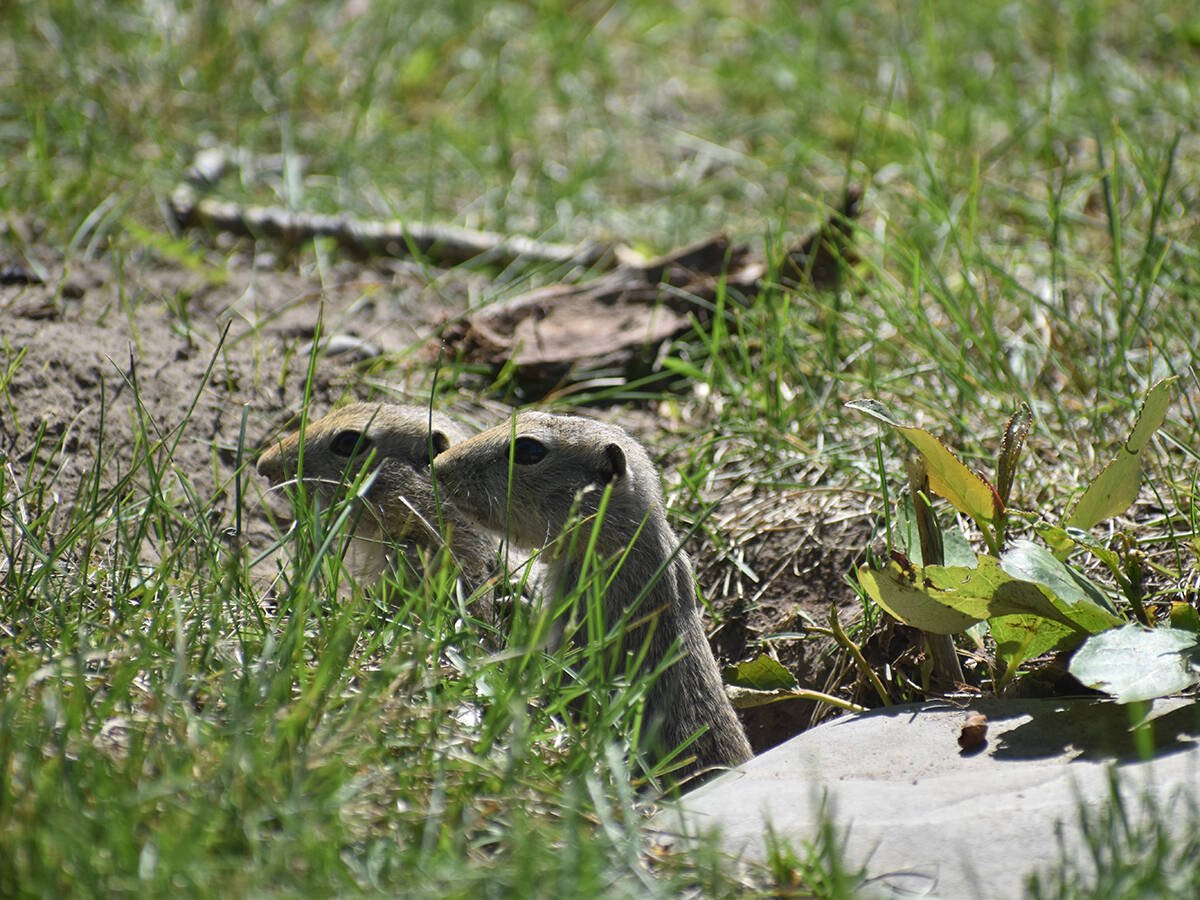The new president of the National Farmers Union thinks the union can do more to put money into members’ pockets.
“I want to focus more and more on direct economic benefits and direct programs the NFU can implement locally,” Cory Ollikka said in an interview after being acclaimed president of the farmers union.
He moves up from the vice-presidency to replace Nettie Wiebe, who stepped down after four years as head of the NFU.
The 28-year-old Ollikka, who operates an 800-acre mixed grain and cattle farm at Waskatenau, Alta., said the organization has always done a good job fighting political and social issues on behalf of small and medium-sized family farmers.
Read Also

Rural officials hopeful strychnine use will resume
The Saskatchewan Association of Rural Municipalities is taking a verbal commitment from the federal agriculture minister on strychnine use as a good sign.
But while those issues often affect the economic well-being of farmers, there’s also a more direct role the farmers union can take to improve farmers’ bottom lines.
For example, NFU members in Prince Edward Island have begun bargaining collectively to buy fuel and fertilizer at reduced prices. In Alberta, members have set up an equipment co-op that rents machinery to NFU members at discount rates.
“We do these types of things all over the country, but there is a need to expand it,” said Ollikka, adding the union has expertise in setting up collective bargaining units.
“These services are needed by farmers and we’re there to serve farmers.”
He added such programs will also help the NFU, which always faces an uphill battle to sell memberships, especially in these tough economic times.
“It’s an incentive to join the organization because these are things that help farmers in a very real, hands-on way.”
Ollikka, who is a year younger than the NFU, said his election as president should help the union overcome the image perpetuated by some of its critics that it is a voice from the past, out of touch with the attitudes and needs of young, entrepreneurial, market-oriented farmers.
He said he simply doesn’t believe that the majority of young farmers subscribe to that philosophy.
“There is a tremendous stereotype out there that young farmers are somehow prone to that narrow sense of individualism promoted by that ideology. I’m not convinced that is true.”
Rather, farmers of his generation have been forced by governments to adapt to a system that promotes that way of doing business.
“I think most have come to grips with their own insignificance in that marketplace and that the only way they can get ahead or sustain themselves is by having some collective market power,” through organizations like the Canadian Wheat Board or supply management marketing boards.
Ollikka is aware of how difficult it is for young people to get into farming. He has worked in the oil fields and on Arctic construction projects, does some substitute teaching and still works at a local fertilizer dealership in the spring to help make ends meet.
Becoming president of the farmers union won’t make things easier.
“The president of the NFU hasn’t had a raise since 1975,” he said, laughing that he doesn’t even know how much the position pays. “If I’m looking for financial stability, this isn’t where I want to be.”
He knows that becoming president of the NFU is going to involve a lot of personal sacrifice, spending large amounts of time away from the farm and family with no significant financial reward.
“It’ll take some juggling, but I’m looking forward to it,” he said.














